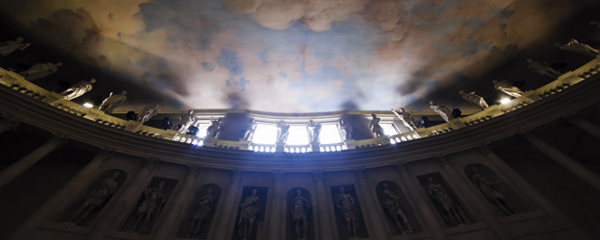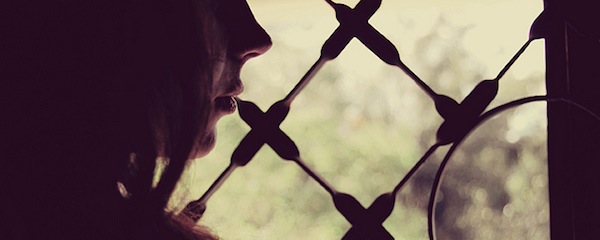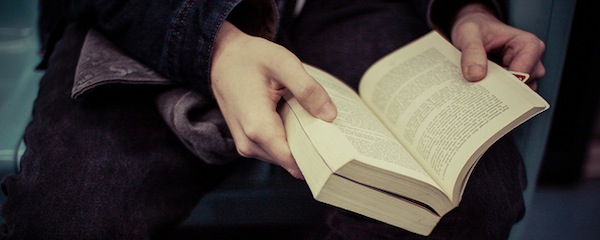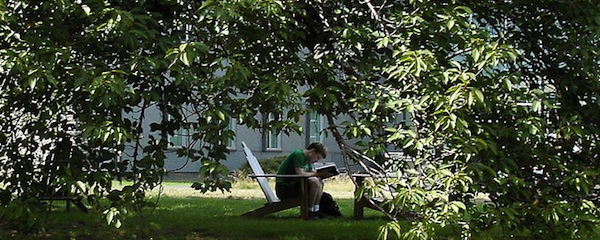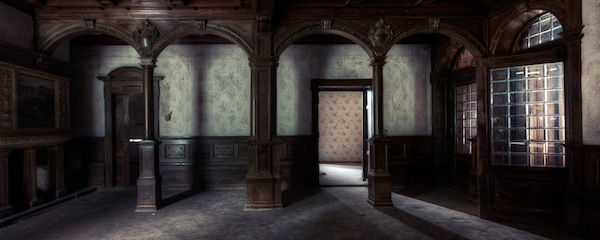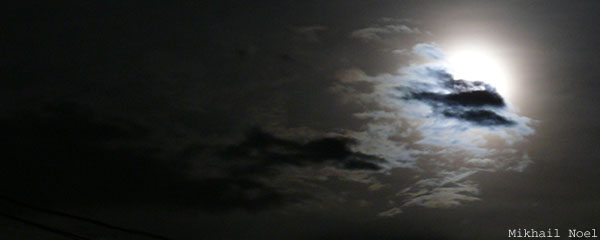Getting Intimate with Place
STORY DISCUSSION: Author MARY O’DONNELL discusses the importance of place in the short story: ‘…That’s what’s needed when we consider ‘place’. A knowledge of it as intimate as our own skin, and a sense of how to get behind that skin as we turn the wheels of imagination and bring into being a work which will be all the more memorable for having been defined by place.’
